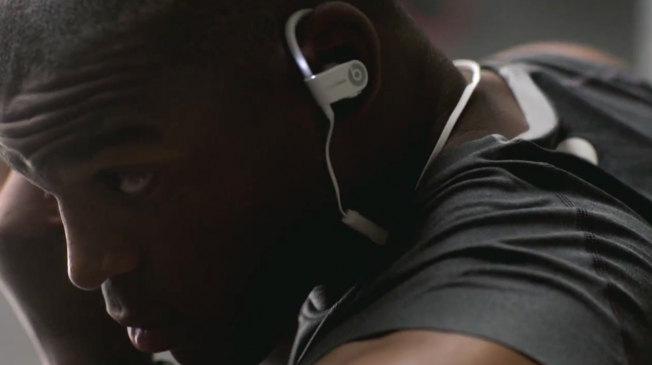From Adbusters #114: Blueprint for a New World, Part 3: Corpo

Like the millions of others, I recently became a denizen in the world of online dating.
Much to my relief, I quickly found I wasn’t the only twenty–something awkwardly striving to digitally represent myself as a somewhat passable mating partner. What struck me was not only the number of people with pictures stroking half-sedated tigers somewhere in Thailand—and those claiming to enjoy both ‘going out’ and ‘staying in’—but rather how online dating resembled the virtual exchange of atomized singles in a rapidly expanding market. Rather than merely virtual reality, here was the reality of the virtual where the free–market ideology of consumer capitalism inscribes itself into romantic relations.
Over the past five years, traditional profile–based services such as Match or OkCupid have mushroomed into enormous platforms that attract tens of millions of monthly visitors. According to a recent Pew Research Center study, 38 percent of single adults in the USA—9 percent of all American adults—have used internet dating platforms, with one in twenty long–term relationships initiated online. In these vast dating markets, users are transformed into virtual HR departments where profiles function as CVs and prospective applicants are weeded out based on an inventory of eligibility criteria.
Underwriting its growing popularity, it is little wonder that the marketization of romance is fueled by a lucrative online dating industry. With over half of single people using online dating services at some point, the virtual romantic market represents a fast growing $2.1 billion industry. According to Forbes, there are an estimated 2,500 dating services online in the United States alone, with 1,000 opening every year. In the United Kingdom, online dating has become so critical to the economy that the Office of National Statistics recently added online dating to the bundle of consumer goods and services used to calculate the rate of inflation.
By amalgamating singles into virtual romantic stock exchanges of varying densities, online dating has seemingly achieved economists’ fantasy of a frictionless free–market—the “friction,” evidently, occurs later. Transaction costs normally absorbed by signalling sexual interest in conventional mating arenas, such as monetary and time expenditure in nightclubs or lengthy courtship rituals, are virtually eliminated. Moreover, since nearly everyone with access to the internet can create an online dating account, barriers to market entry for new participants is effectively zero. It is little wonder that mainstream economists have been aroused by the prospect of online dating markets. From the American Economic Review to the popular Freakonomics blog, economists marvel at online dating; its efficiency in allocating indivisible goods without an explicit price transfer mechanism. Stanford economist Paul Oyer has gone so far as releasing a new book titled, Everything I ever needed to know about economics I learned from online dating.
For old–timey conservatives and techno–skeptics alike, it is far too easy to demonize online dating as just another sad example of app–dependent millennials replacing real relationships for superficial virtual interactions. Should we romanticize romance? Unless we are willing to adopt a dangerously essentialist view of human relationships in general, or love more specifically, we shouldn’t just assert that the market logic of online dating will necessarily ‘ruin’ anything primordial and inert. What we risk obscuring by adopting a knee–jerk nostalgia is that all social relations are embedded within, and in–themselves sustain, systems of production and power. Romantic relationships, initiated online or otherwise, are not exempt.
While seeming to offer a limitless choice of singles at your fingertips, the online dating market is a virtual articulation of the ideology of consumer capitalism. According to Eva Illouz, a sociologist at the Hebrew University in Jerusalem, the emergence of online dating markets has extended the logic of consumer capitalism to the most intimate of human encounters. Armed with a laundry list of demands and criteria, this sexual consumerism is an excessive experience economy that compares the relative prices of goods and services between potential mates. In the context of freer, cheaper and automated match making systems, the proliferation of limitless sexual choice has transformed the process of dating, with all of its potential risks, into an immersive shopping exercise that generates surplus enjoyment in and of itself.
With a growing phalanx of liberal economists keen on totalizing social relations under the logic of homo economicus, virtual dating is where the hydra of excess enjoyment—the ideological imperative to the continued functioning of consumer capitalism—rears its ugly head. But the true illusion of online dating isn’t in foisting real relationships per se. (For those who have successfully met partners through dating websites, can we cynically arbitrate what is authentic or not?) It is instead conflating a free–market ideology of mass consumption as a vehicle of romantic emancipation while obscuring why we were led to such lonely recesses in the first place.
— Patrick England is a graduate from the London School of Economics who writes about the political economy of oil and violence in the Niger Delta.
Source















